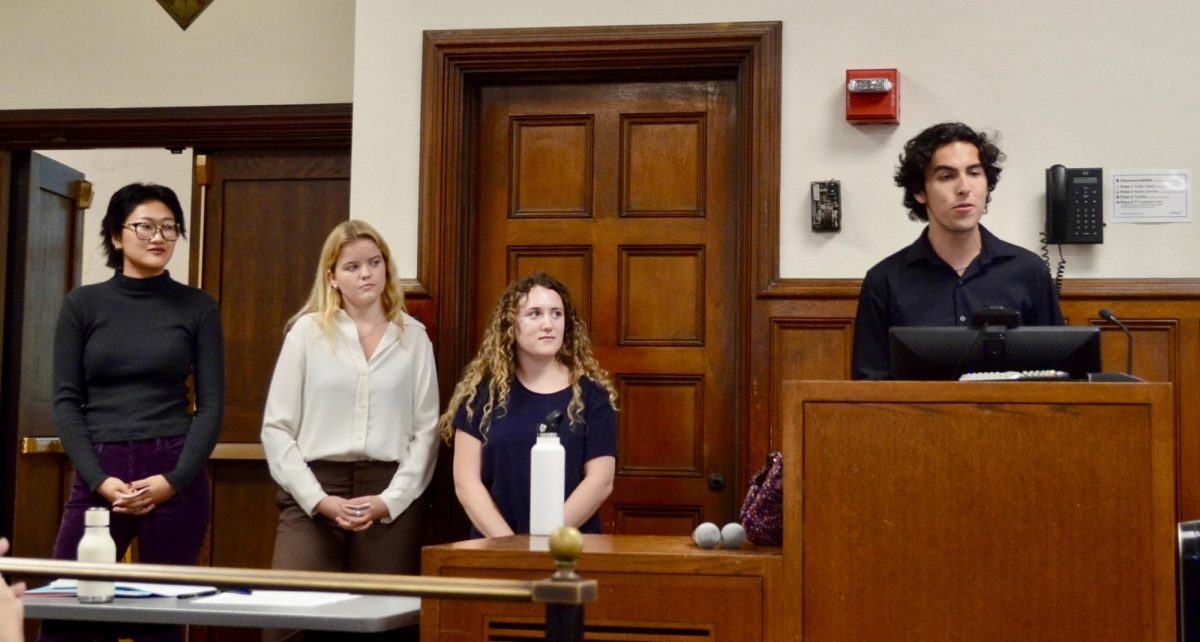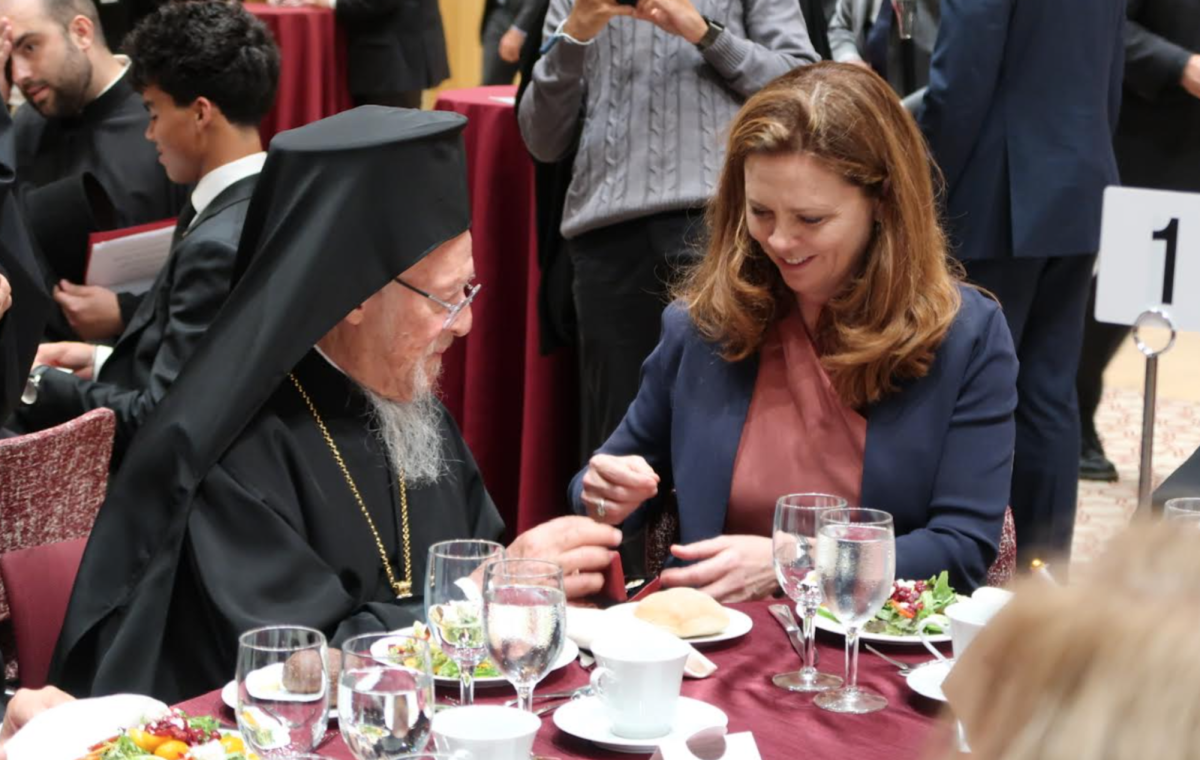By Victor Ordonez

The Institute of International Humanitarian Affairs (IIHA) opened an office at Fordham University’s Rose Hill campus this semester. Rose Hill’s new humanitarian studies department will be located next to Faculty Memorial Hall in the building that formerly housed the Fordham University Press.
The IIHA resided at Fordham University’s Lincoln Center’s campus. The department now resides on 2546 Belmont Ave and is available to students of both Fordham campuses.
The program prepares students with the skills to competitively enter a wide range of graduate studies and careers in the humanitarian sector, according to the institute’s program overview.
In addition to the program’s relocation, the IIHA has plans to start a student run club at Fordham’s Rose Hill campus, according to Angela Wells, communications officer for the IIHA at Fordham.
The IIHA is the fourth program in the country to offer humanitarian studies as a major. The program began to offer the humanitarian studies minor in 2010 and the major in 2014. Since its inception, the IIHA has graduated 17 major graduates and 11 minors, according to director Cahill.
Students with humanitarian majors around the world will also have the opportunity to take humanitarian courses at Fordham University as they study abroad in the United States.
IIHA affairs was originally created at Fordham University’s Lincoln Center Campus in December of 2001. Fordham’s humanitarian institute was designed to encourage partnerships with relief organizations and offer academic training courses at both graduate and undergraduate levels.
Since the IIHA is a product of Fordham University, Wells said there are significant values that are held to higher standards by students that graduate from the institute.
“We do not simply create humanitarians,” said Wells. “We create humanitarians trained in the Jesuit way. Students learn the ethics of social justice and the importance of human rights.”
The program features four core required classes. Introduction to Humanitarian Action: Theory and Practice will introduce students to both theoretical and practical humanitarian work. Another core required class, the International Humanitarian Affairs Internship Seminar, will work to give students the opportunity to gain hands-on experience in the field as an intern for an international humanitarian organization in New York City.
“Students will have the opportunity to intern at a range of different humanitarian organizations, including organizations like the United Nations, that are based in New York,” said Wells.
This program will also require that students attend a weekly seminar that will assess their performance and help to guide their work.
The program offers an additional six elective courses that are attributed by other departments. For example, the IIHA’s Narratives of Justice and Exclusion in Humanitarianism elective requirement will be fulfilled by classes offered by Fordham’s Communications Department.
As an interdisciplinary program, the goal of the electives is to bring in various particular fields that coincide with humanitarian studies. “We want to make sure that we are bringing in the experts that are already on campus,” said Wells. “The program will try to tap into various departments that are touching on the issues that we feel are necessary to cover.”
Aside from Communications, the humanitarian program’s elective courses include classes in the Anthropology, History, African American Studies, Sociology, Economics, Political Science and Women’s Studies departments.







































































































































































































